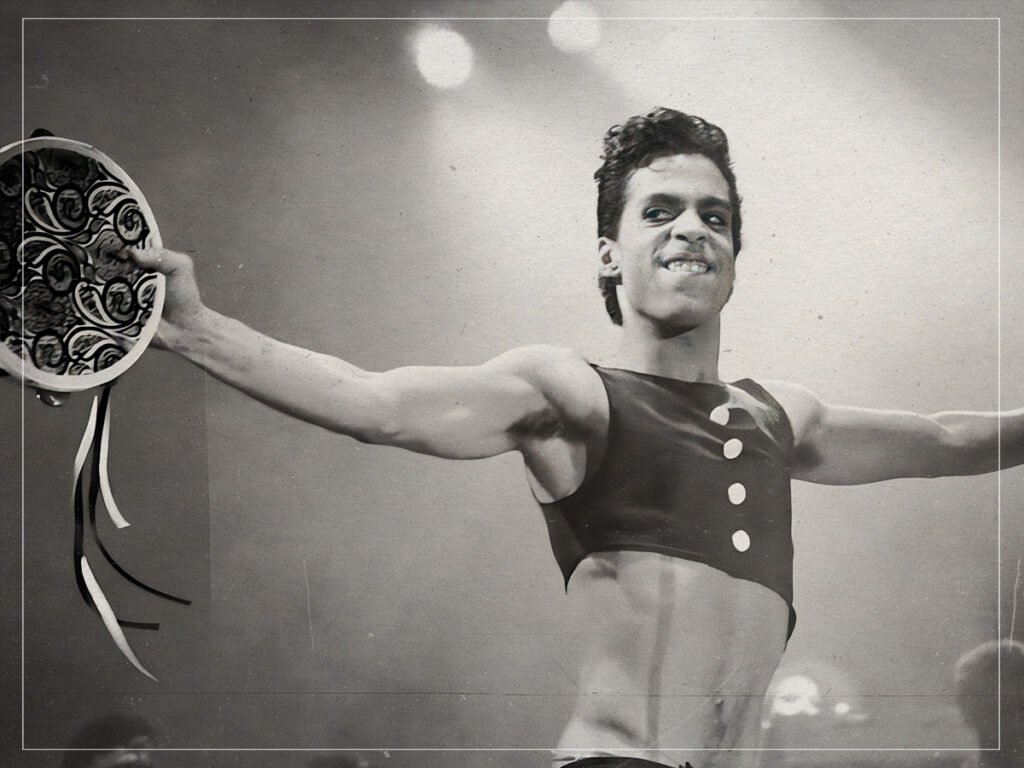
(Credits: Far Out / Alamy)
At the time of writing, it’s the week before the iconic Sheffield venue The Leadmill closes down. Miles Kane is set to perform what should be an interesting gig, as he puts the nail in the coffin of the space that has been a home for bands such as Arctic Monkeys and Pulp. There is no escaping that a lot of smaller venues are struggling at the moment, but what does this mean for artists?
There are a number of reasons as to why small venues are important, but I have always attested that one of the main ones is that they breed originality. It’s my theory that whenever people are excited by music and decide to make it themselves, they do so with a specific artist in mind, and it’s not until they start gigging that they discover a sense of self.
Everybody who makes music will do so with the intention of trying to be the next Liam Gallagher, Alex Turner or John Lennon, and it isn’t until they begin gigging in those small venues, the first places to actually give them a stage, that they work out what their tone of voice and style is. I worry that without these venues and with a bigger reliance on social media, a lot of artists will merely become carbon copies of one another.
Prince is a good example of a person who was never looking to chase trends; from the beginning of his career, he was wholly individual. This meant that he had his own style, his own means of creating music and his own ideology as to what a good artist actually was. When you go through his discography, you are met with a range of different styles and sounds, because Prince simply did what he thought sounded best.
It’s hard to have this mindset, where you ignore what is selling and what’s proving popular and instead rely on your own creative integrity. It’s hard from a creative point of view to drown out those outside voices, and it’s hard from a practical point of view to find labels that are willing to go along with that kind of sound.
Prince pursued this mindset himself and also had a great deal of respect for artists who pushed themselves to think outside the realm of the mainstream. This meant embracing whatever it was they wanted to write about and avoiding making a copy of what everyone else was doing. When asked about some of his favourite artists, he mentioned Duke Ellington and Carlos Santana, given they subscribe to that way of thinking.
“I will always respect people like Duke Ellington,” he said, “Someone who has their own style and just watches music change around them. Carlos Santana has more fans now than when he played Woodstock!”
It will be hard for people to tap into this stubborn originality with fewer stages for them to perfect their craft and easier access to what is trending. He can only hope that the art of originality persists even in the face of adversity.
Related Topics
The Far Out Music Newsletter
All the latest music news from the independant voice of culture.
Straight to your inbox.

